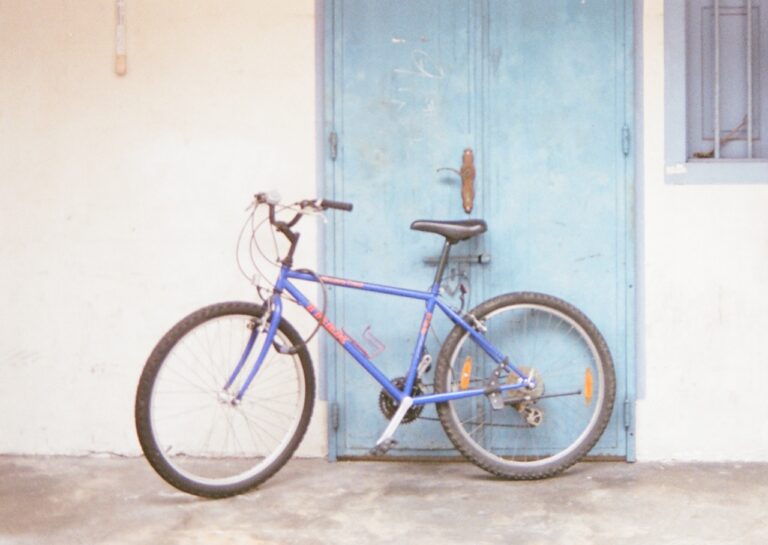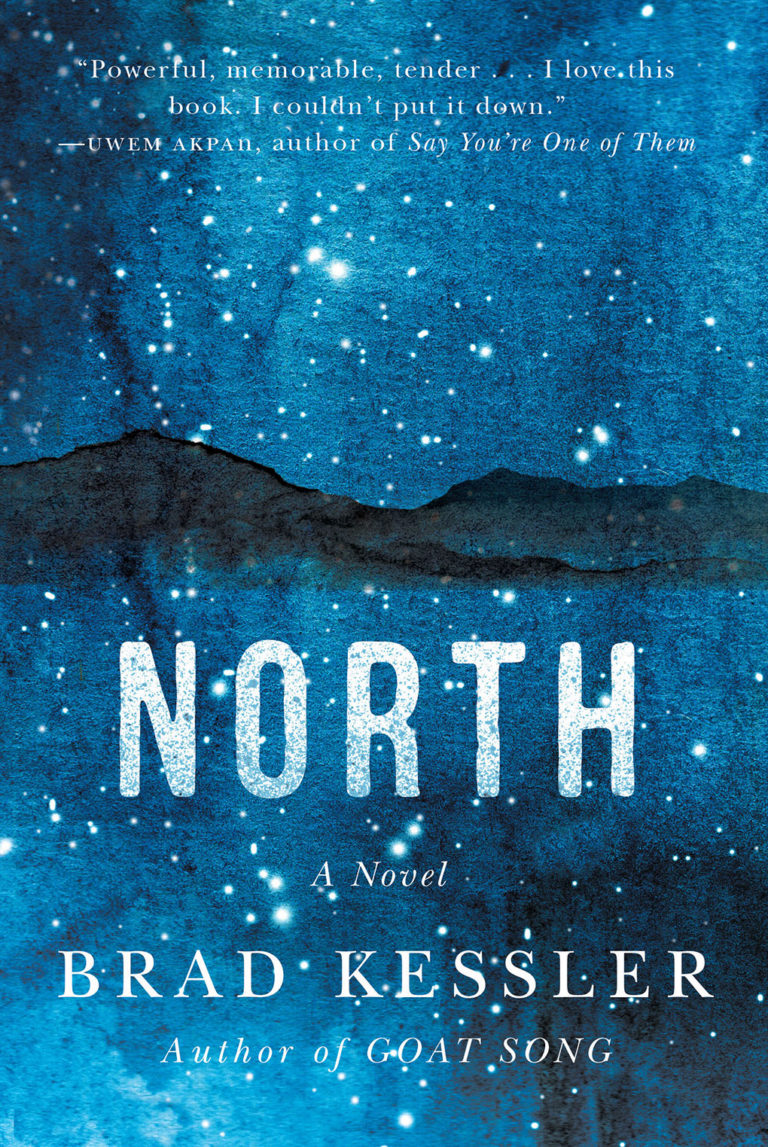The second-place winner of our Summer 2023 National Teen Storyteller Contest. We invited young writers to share a story responding to the theme of Stereotypes. This contest is part of our 2023 NEA Big Read initiative, made possible through a grant from the National Endowment for the Arts, in celebration of Charles Yu's novel, Interior Chinatown.
The Three Lessons of Confucianism:
- Ren: Humaneness, goodness, benevolence, what makes man distinctively human
- Li: A calling for individuals to behave lawfully and abide to conventional rule
- Xiao: Filial piety, unconditional respect and care for parents, ancestors, and family
They made their way across the ocean, concrete in the spray of the sea mist. They met their new lives as foreigners and stayed as tributes to their homeland. Still, I didn’t truly know their names until I saw them in history class, where my luduris face sang both familiarity and distance above my desk, grazing my pen against a notebook as my teacher lectured.
Ren is benevolent, good, the face of dignity and moral value. Li is law-abiding, passive, stoic. Xiao cares a lot about his family- he moved here from China but he never really left, did he?
Ren was my mother in the corner store, the one who only worked weekdays but never seemed to come home. Ren was the clandestine coins in the till, the golden-red candy bars next to the cash register, the 12am walks home from the store because my dad was using the car. She told me stories of boys in China who cherished her beauty, and how she had chosen the only boy she didn’t love back. Why? For my future, she’d smile. It brought me here, to America. Opportunity- to be loved like that is rare, and my love was not. It was an easy decision.
Still, between my father’s grievances and burning temper, his love had seemed to lapse away like the skin on his teeth. On days when he reveled in brazen discontent, Ren was my mother who comforted me before herself, knees curled to my chest when my father raised hell downstairs.
She loved the world more than it would ever love her. The ragged people on the street who would come into the store were blind to her eyes, even when they’d loiter, shuffle, trace through the frost on our seafood freezer. Theft was common at the store, but so was forgiveness. Ren watched, placidly, as they stumbled out the door with bigger jackets than they entered with. The one time she opened her mouth, a man shoved a finger in her face. “You Chinese,” he sneered, “think you’re entitled to everything in this country.”
Ren had nodded politely, shrunk away like heat around the plastic-wrapped door as it swung shut. She would close the store as usual a few hours later, walk home in the dark. She kept walking, when she was jeered in the quiet din of the night.
Li was my sister, who grew up before I was born and left not long after. She would scoff when she heard of the missing stock in the store, the things that had been whisked away by quiet hands and paralyzed hearts. To her, Ren was too soft, to her, offenses were punitive. Mom has no respect, she would sigh. What is the use of empathy to those who will waste it?
She used to chatter about her school classmates who had legacy to the best colleges in the country, envying her friend’s parents who raised their children with acceptance letters in their grasping hands. But so what, I thought. We all ended up in the same neighborhood.
Still, I visited Li’s college dorm over spring break, studied her sugary laughter and upholstered grin. I said hello to her boyfriend, I watched her friends pull out a bucket of chips and candy from under the bed as Li dealt out playing cards. Later, as she and her friends posed for a picture, I picked up a candy bar from the bucket. It struck- I had seen them before, at cash register of our store, golden with red foil wrapping.
Xiao was my father with shaking hands, the one who still sent money to his parents back in China even while he spent countless nights too tired to eat. I’d twirl my fingers over envelopes plump with bills, labeled with a foreign address of a foreign woman- my grandmother, his mom. He told me stories of how his parents were too poor to afford his college tuition and never really felt okay about it, how his life in America, to them, was the riches they could never hold onto themselves. I always wondered who he was living for, really- his family- my mom, my sister, me- or his family- the family in China that an ocean couldn’t separate him from. I prayed, quietly, that it was both.
Xiao was the man who cowered- then hollered- under Ren’s gaze when she found one of the envelopes of cash, unmailed, with the address plain and center. Xiao was the man who drove away in the night when Ren began to spit fire. When he returned home in the early morning, they would go about their day again as if the last night’s chaos was nothing but a scene that was never written, a film that was never made.
Some days, Xiao daydreamed of a white picket fence, a family on a driveway, sun baking chalk drawings into the gravel. For him, I mourned the camaraderie, the love that would never materialize, the heart that could never be grasped between my father’s tired hands and my mother’s tired heart. Instead, there he was, dim in the kitchen, running his fingers along the seals of the envelopes. It was only later that I realized he was looking at his entire life’s work.
And I? I was the girl with their names on my tongue, I was the girl who went home to an empty house, I was the girl who slept within the hollow of seeking a dream. I didn’t mind, though. It was the price of keeping the home my parents wouldn’t leave behind, the debt of the dream they hadn’t paid off. Even today, I’m not sure if they ever will.





















